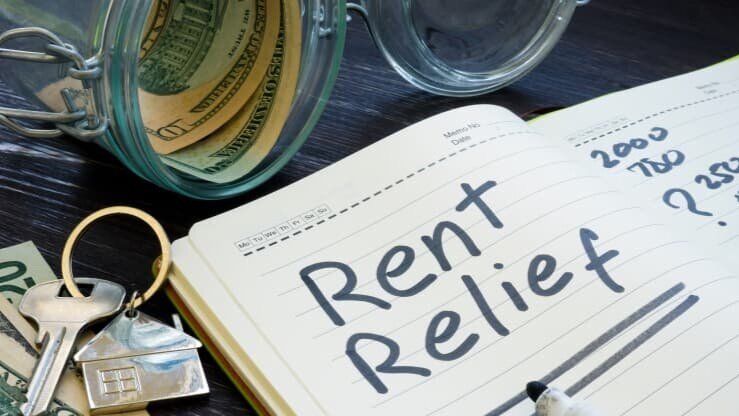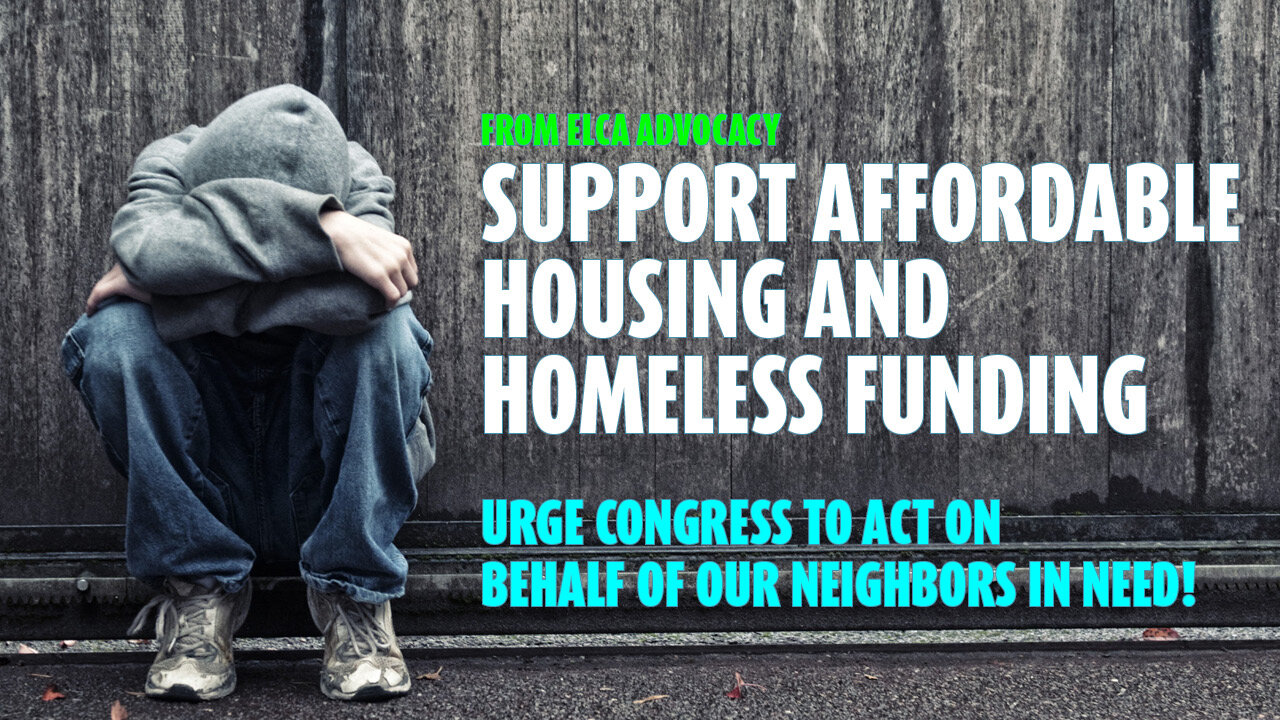
Stay connected.
What you need to know about applying for rental assistance as national eviction ban comes to an end
Some 290,000 households received the aid in June, up from 160,000 in May and 100,000 in April. Still, more than 11 million Americans, or 16% of U.S. renters, say they aren’t caught up with their housing payments as the eviction ban expiration date of July 31 looms.
3 things metro Phoenix can do to prevent an eviction surge after the CDC moratorium ends
Metro Phoenix had an eviction problem before the COVID-19 pandemic. Residents in Maricopa County were more than twice as likely to lose a home to eviction than the typical U.S. resident from 2014-2018. On July 31, the final eviction moratorium will expire, and evictions are expected to return to their pre-pandemic pace — if not exceed it.
What the Eviction Moratorium Expansion Means for Arizona Renters
Many evictions in the U.S. are on hold for at least one more month. The Center for Disease Control and Prevention's ban on some types of rental evictions had been set to expire this week, but it has now been extended through July.
To catch us up on what that means in Arizona, The Show spoke with KJZZ’s Katherine Davis-Young.
The expanded child tax credit could “cut poverty in half”
“This is one of the largest expansions of an anti-poverty program we’ve probably ever seen,” said Elyssa Schmier, vice president of government relations and national budget at the advocacy organization MomsRising. “It will likely cut poverty in half over the next year, childhood poverty in particular.”
He’s 75 and facing eviction. Many other older renters are, too
Roughly 10% of renters over age 65 are behind on their rent, according to a recent analysis by the Center on Budget and Policy Priorities. That means some 800,000 older people may be at risk of having to leave their homes when the national eviction moratorium expires on [July 31].
Pandemic evictions were halted, but metro Phoenix landlords still filed for almost 30,000
Phoenix area evictions didn’t stop during the pandemic. Here’s why.
Biden Administration Proposes $318 Billion for Affordable Housing in American Jobs Plan
HUD Secretary Marcia Fudge unveiled on May 26 details of the housing provisions in the administration’s proposed “American Jobs Plan.” The plan includes $45 billion for the national Housing Trust Fund for construction and preservation of homes affordable to people with the lowest incomes, and major investments to rehabilitate and preserve the nation’s public housing stock.
Urge Congress to Pass a Budget with Strong Homeless and Affordable Housing Programs
As legislators discuss funding levels in the FY2022 federal budget later this Spring, it is a critical time to highlight the housing and homeless needs in our communities. In a time when those of us struggling with housing insecurity need help the most, let’s insist that Congress meets our annual housing needs in the federal budget.
Support Heat Relief Cooling Centers This Summer
Summer 2020 marked the hottest summer on record for Arizona. Maricopa County experienced 53 days of temperatures above 110 degrees or higher and 145 days of 100 degrees or higher. The month of August 2020 marked the hottest month ever recorded in Maricopa County.
Now Available! The National Low Income Housing Coalition Advocates' Guide!
Every year, the National Low Income Housing Coalition publishes the Advocates’ Guide to Housing and Community Development Policyto educate advocates of all kinds about the programs and policies that make housing affordable to low-income people across America.
National Call-In Day to Urge Congress to Support HoUSed Campaign Priorities
Wednesday, April 14 is National Call-In Day to urge Congress to include in the American Jobs Plan a major expansion of rental assistance; $70 billion to repair public housing; and an investment of $40 billion in the national Housing Trust Fund to build and preserve affordable housing.
The Future of Housing in the Biden Administration
From pandemic-related rent relief to fair housing and homeownership policy, here's how you can expect housing to be impacted by the Biden administration.
President Biden Signs American Rescue Plan Act with Nearly $50 Billion in Housing and Homelessness Assistance
President Biden signed into law on March 11 the American Rescue Plan Act, a $1.9 trillion coronavirus relief package with nearly $50 billion in essential housing and homelessness assistance, including $27.4 billion for rental assistance and $5 billion to assist people experiencing homelessness.
Phoenix City Council approves millions in funding to combat homelessness
“We will be feeling the effects of the pandemic for quite some time, and few will suffer more than people experiencing homelessness,” said Mayor Kate Gallego. “These additional monies, invested in the city’s human services partners, will go a long way to easing that pain.”
Can an ‘Activist HUD’ Make Housing a Human Right?
The nominee for the U.S. federal housing agency lays out her plans to fulfill President Biden’s ambitious housing agenda.
Biden seeks to extend bans on evictions and foreclosures
An estimated 14 million adults living in rental housing were behind on their rent in December, according to the Center on Budget and Policy Priorities. That is 1 in 5 renters. An estimated 11.8 million adults are behind on their mortgage.
4 in 10 Children Live in a Household Struggling to Afford Basics
More than 4 in 10 children live in households that struggle to meet usual household expenses. … The figures underscore the need for policymakers to agree on a strong, bipartisan economic relief package.
Virtual Town Hall with Rev. Eugene Cho of Bread for the World
Rev. Eugene Cho, President and CEO of the nonpartisan Christian advocacy organization, Bread for the World, address hunger & poverty in the Southwest United States.


















